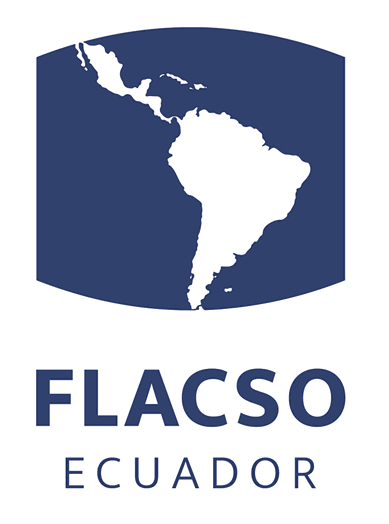Please use this identifier to cite or link to this item:
http://hdl.handle.net/10469/7748| Type: | Artículo |
| Title: | Turismo, soberanía nacional y transformación social en el archipiélago de San Andrés, Providencia y Santa Catalina, Colombia |
| Other Titles: | Tourism, national sovereignty and social transformation in the archipelago of San Andres, Providencia and Santa Catalina, Colombia |
| Authors: | Salas Betin, Jesús David |
| Issue: | Sep-2015 |
| Publisher: | Quito, Ecuador : Flacso Ecuador |
| ISSN: | 1390-6631 |
| Citation: | Salas Betin, Jesús David. 2015. Turismo, soberanía nacional y transformación social en el archipiélago de San Andrés, Providencia y Santa Catalina, Colombia (Dossier) o Tourism, national sovereignty and social transformation in the archipelago of San Andres, Providencia and Santa Catalina, Colombia. Letras Verdes. Revista Latinoamericana de Estudios Socioambientales Flacso - Ecuador, 18:91-112. |
| Keywords: | TURISMO SOBERANÍA CAMBIO SOCIAL ARCHIPIÉLAGO DE SAN ANDRÉS (COLOMBIA) SANTA CATALINA (COLOMBIA) INFRAESTRUCTURA DEL TURISMO ADMINISTRACIÓN PÚBLICA TRANSCULTURACIÓN COLOMBIA |
| Format: | p. 91-112 |
| Description: | Este artículo examina el período histórico del archipiélago de San Andrés, Providencia y Santa Catalina conocido como el Puerto Libre (1953-1991), para mostrar las principales consecuencias del desarrollo acelerado del turismo. La idea principal es que la baja coordinación entre las autoridades y la población local respecto a la planificación turística, produjo un desequilibrio en la vida social de las islas, que afectó el desarrollo económico, social y cultural del pueblo raizal. Al mismo tiempo, el turismo funcionó como un mecanismo de soberanía nacional, cumpliendo una función política. A través de la declaratoria de puerto libre en 1953 el Estado colombiano logró hacer presencia histórica en el territorio, asegurando la representatividad cultural necesaria para contrarrestar las amenazas de invasión extranjera. Esto aceleró el proceso de transculturación de la población local. This article examines the historical period of the archipelago of San Andres, Providencia and Santa Catalina known as The Free Port (1953-1991), to show the main consequences of the accelerated development of tourism. The main idea is that the lack of coordination between authorities and local people regarding tourism planning caused an imbalance in social life, affecting economic, social and cultural development of raizal people. At the same time, tourism served as a mechanism for national sovereignty, playing a political role. The declaration of a free port in 1953 allowed the Colombian government an historical presence in the territory, ensuring the necessary cultural representation to avoid threats of foreign invasion. This accelerated the acculturation process of local people. |
| URI: | http://hdl.handle.net/10469/7748 |
| Appears in Collections: | Revista Letras Verdes No. 18, sept. 2015 |
Files in This Item:
| File | Description | Size | Format | |
|---|---|---|---|---|
| RFLACSO-LV18-06-Salas.pdf | 4,2 MB | Adobe PDF |  View/Open |
Items in DSpace are protected by copyright, with all rights reserved, unless otherwise indicated.


